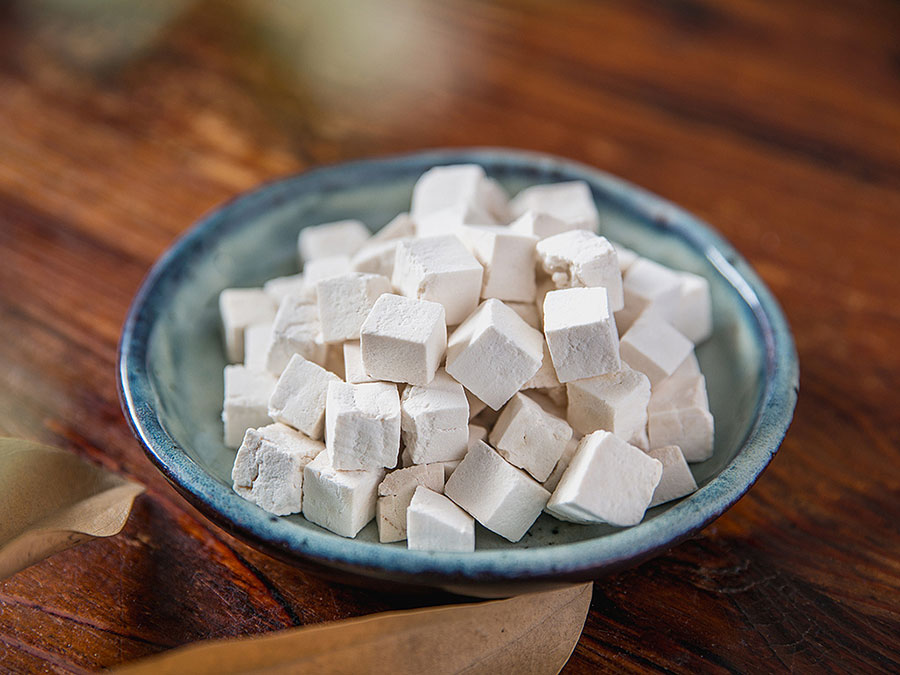Eating spinach may benefit eye health, reduce oxidative stress, help prevent cancer, and reduce blood pressure levels.
Spinach (Spinacia oleracea) is a leafy green vegetable that originated in Persia. Wheat Grass Juice Powder

It belongs to the amaranth family and is related to beets and quinoa. What’s more, it’s considered very healthy, as it’s loaded with nutrients and antioxidants.
There are many ways to prepare spinach. You can buy it canned or fresh and eat it cooked or raw. It’s delicious either on its own or in other dishes.
This article explains everything you need to know about spinach and its health benefits.
The nutrition facts for 3.5 ounces (100 grams) of raw spinach are (1):
Most of the carbs in spinach consist of fiber, which is incredibly healthy.
Spinach also contains small amounts of sugar, mostly in the form of glucose and fructose (1).
Spinach is high in insoluble fiber, which may boost your health in several ways (2).
It adds bulk to stool as food passes through your digestive system. This may help prevent constipation.
Spinach is low in carbs but high in insoluble fiber. This type of fiber may benefit your digestion.
Spinach is an excellent source of many vitamins and minerals, including (3):
Spinach also contains several other vitamins and minerals, including potassium, magnesium, and vitamins B6, B9, and E.
Spinach is an extremely nutrient-rich vegetable. It packs high amounts of carotenoids, vitamin C, vitamin K, folic acid, iron, and calcium.
Spinach contains several important plant compounds, including (4, 5, 6, 7, 8, 9, 10):
Spinach boasts many plant compounds that can improve health, such as lutein, kaempferol, nitrates, quercetin, and zeaxanthin.
Spinach is extremely healthy and linked to numerous health benefits.
It has been shown to improve oxidative stress, eye health, and blood pressure.
Free radicals are byproducts of metabolism. They can cause oxidative stress, which triggers accelerated aging and increases your risk of cancer and diabetes (11).
However, spinach contains antioxidants, which fight oxidative stress and help reduce the damage it causes.
One study in eight healthy people found that spinach helped prevent oxidative damage. Although this study was quite small, its findings are backed up by other animal and human research (12, 13, 14).
Spinach is rich in zeaxanthin and lutein, which are the carotenoids responsible for color in some vegetables.
Human eyes also contain high quantities of these pigments, which protect your eyes from the damage caused by sunlight (15).
Additionally, several studies indicate that zeaxanthin and lutein work to prevent macular degeneration and cataracts, which are major causes of blindness (16, 17, 18, 19).
These compounds may even be able to reverse existing damage (20, 21).
Spinach contains two components, MGDG and SQDG, which may slow down cancer growth.
In one study, these compounds helped slow tumor growth in a person’s cervix. They also decreased the size of the tumor (22, 23).
Several human studies link spinach consumption to a reduced risk of prostate cancer. Eating this leafy green may also help prevent breast cancer (24, 25).
Likewise, one animal study notes that spinach might suppress cancer formation (26).
Additionally, spinach packs high amounts of antioxidants, which may also fight cancer (27).
Spinach contains high amounts of nitrates, which have been shown to help moderate blood pressure levels and decrease your risk of heart disease (28, 29).
One study in 27 people found that eating spinach effectively lowered blood pressure levels. Several other studies observed similar effects, indicating that spinach boosts heart health (7, 30, 31).
Spinach has a host of benefits. It may reduce oxidative stress, promote eye health, fight cancer, and regulate blood pressure.
Spinach is generally considered very healthy. However, it may cause adverse effects in some individuals.
Kidney stones are caused by acid and mineral salt buildup. The most common variety is calcium stones, which consist of calcium oxalate.
Spinach is high in both calcium and oxalates, so people who are at a high risk of developing kidney stones should limit their intake (32, 33).
Spinach is high in vitamin K1, which serves several functions in your body but is best known for its role in blood clotting.
As such, it could interfere with blood-thinning medication. People who are taking blood thinners, such as warfarin, should consult with their healthcare practitioner before eating large amounts of spinach (34).
People who are prone to kidney stones may want to avoid spinach. This leafy green is also very high in vitamin K1, which can be a problem for people on blood thinners.
Spinach is a nutritious, leafy green.
This vegetable has been shown to benefit health in several ways. Spinach may decrease oxidative stress, improve eye health, and help prevent heart disease and cancer.
If you’re interested in its health-boosting potential, spinach is an easy food to add to your diet.
Our experts continually monitor the health and wellness space, and we update our articles when new information becomes available.
Spinach and kale are both powerhouses of nutrition, associated with many impressive health benefits. This article compares spinach and kale to…
Packed with nutrients but low in calories, leafy greens are crucial to a wholesome diet. Here are 14 of the healthiest leafy green vegetables you…
This is a detailed review of spinach extract, a weight loss supplement that is also called Appethyl. Some studies show that it can help you lose…
Spinach is packed with nutrients and antioxidants. Here are 17 recipes to help you make the most of it.
This is an article about oxalate and its health effects. Oxalate is an antinutrient found in many plants and has been linked with some health problems.
Vitamin K plays a vital role in blood clotting, as well as bone and heart health. This article lists 20 foods that are exceptionally high in vitamin K.
Laxatives can help relieve constipation and promote regular bowel movements. Learn more about natural laxatives.
Everyone knows that veggies are healthy, but some stand out from the rest. Here are 14 of the healthiest vegetables around.
Drinking a glass of lettuce water before bed has been gaining attention online as a natural sleep aid, but can it really help you get a better night’s…

Best Beet Root Powder The CDC issued a health advisory warning against lead contaminated apple cinnamon baby food pouches that sickened 22 young children in 14 states. The…